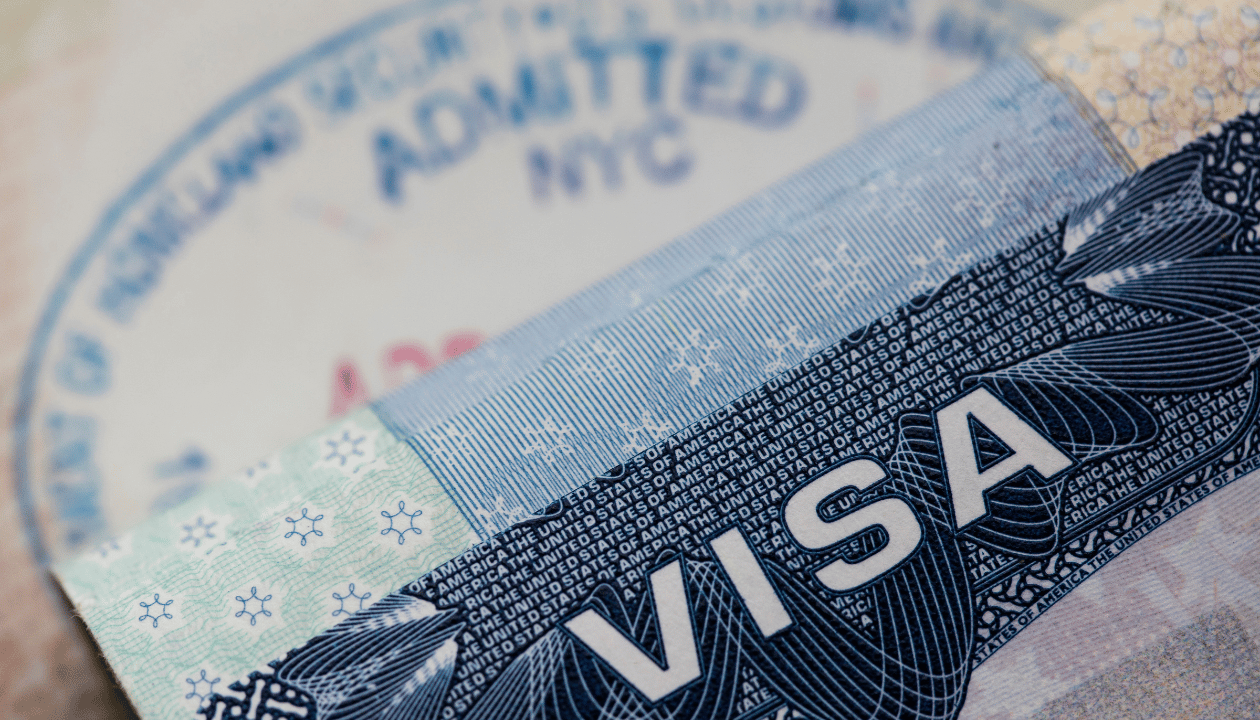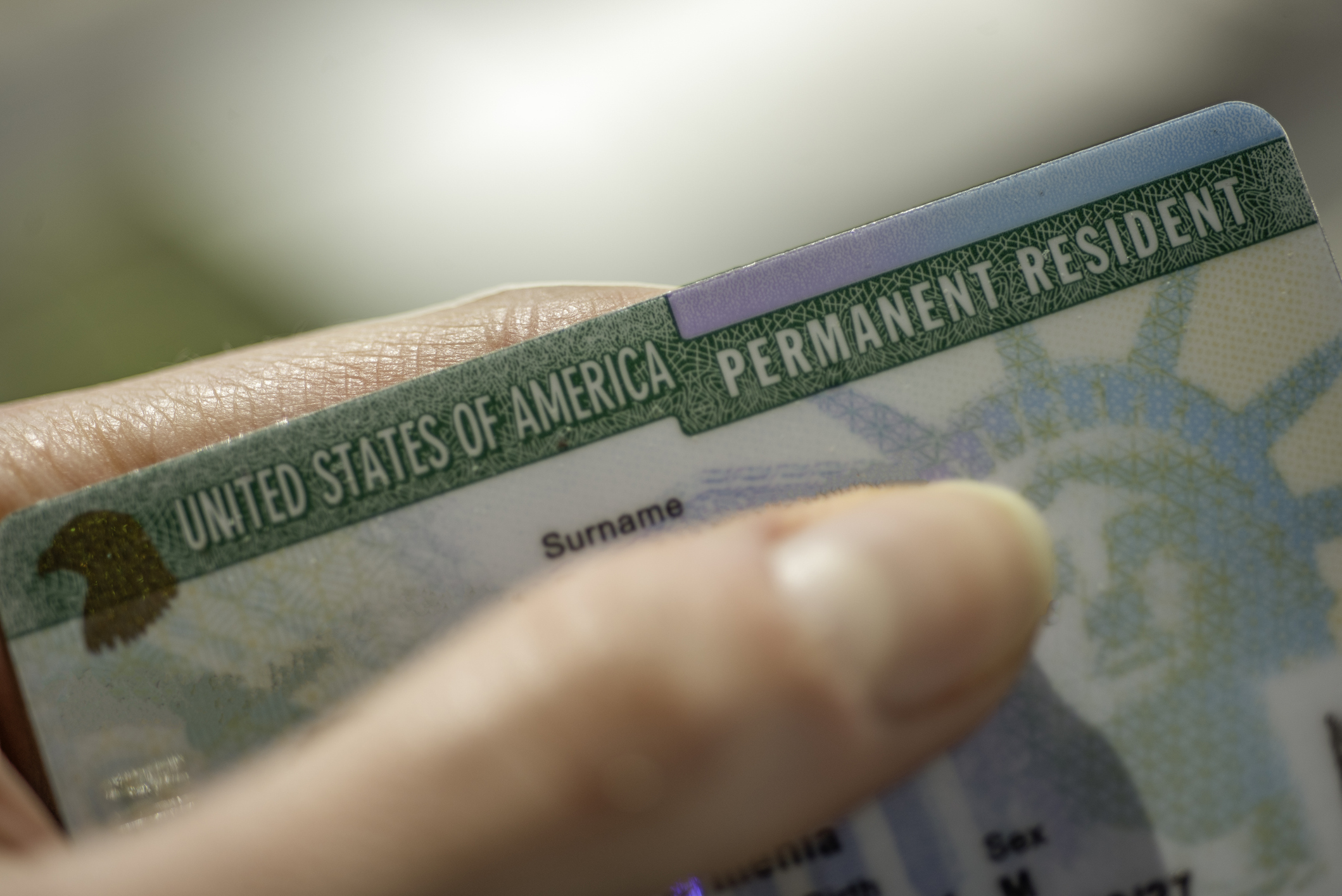Your status isn’t just a label, it’s your life here. Knowing when and how to change your status legally is crucial, whether you’re a foreign national studying, working, or visiting. A simple misstep, staying past your authorized stay, or using the wrong status application, can lead to delays, denials, or removal.
And in 2025, with evolving immigration services policies and stricter USCIS filing rules, every detail matters. From selecting the appropriate form to keeping your nonimmigrant status valid while you wait, the process is more complex than it seems.
At Chidolue Law Firm, we help clients protect their future, avoid risks, and make every step toward legal status one you can take with confidence.
Why Immigration Status Changes Matter More Than Ever in 2025
Changing your immigration status isn’t just a paperwork decision, and it’s about protecting your future in the United States. In 2025, the rules are tighter, the risks are higher, and the consequences of a small mistake can be life-changing.
With evolving citizenship and immigration services procedures and a growing emphasis on official government website instructions, the bar for approval has risen. Whether you are a temporary worker, vocational student, or tourist hoping to attend school or stay longer, you must ensure your nonimmigrant status remains valid before making any changes.
Processing delays, stricter eligibility checks, and form updates make it even more important to get things right. A skilled immigration attorney can help you determine the best course of action and keep your journey on the right track.
What Does “Changing Immigration Status” Actually Mean?
“Changing your status” means applying to move from one legal immigration category to another, without leaving the United States. This might involve switching from a nonimmigrant classification like a student (F-1) or temporary worker position (H-1B) to another temporary visa, or taking steps toward becoming a permanent resident.
It’s different from getting a new visa abroad. This process happens inside the U.S., as long as you were lawfully admitted and your current status hasn’t expired.
To do this, you must submit the appropriate form, follow special instructions, and wait for approval — all while your authorized stay is still valid. Mistiming even one step, or misunderstanding which status application applies, can lead to denials or removal from the country.
Common Ways to Change Immigration Status in the U.S.
A. Family-Based Immigration
One of the most common and emotionally meaningful ways to change your status is through family. If you’re the spouse, parent, or child of a U.S. citizen, you may be eligible to apply for a green card from within the country, without needing to re-enter from your home country.
But even family-based processes have strict rules. You must have been lawfully admitted, maintain your nonimmigrant status, and submit the correct status application before your authorized stay expires. Marriage to a U.S. citizen doesn’t automatically fix an overstay or make you a permanent resident overnight.
2025 has brought form updates, document requirements, and longer wait times. That’s why working with an immigration attorney is essential. We’ll help you gather proof of identity, relationship, and eligibility, follow the official government website timelines, and avoid the heartbreak of denial due to technicalities.
B. Employment-Based Immigration
If you’ve built a career in the U.S., your job may open the door to a more stable future. Many foreign nationals on a temporary worker visa, such as H status (H-1B), eventually seek to change their status to a more permanent one.
But this path comes with complex rules. You must stay in your nonimmigrant status while your status application is pending, and only specific employment-based categories allow you to pursue a green card without leaving the U.S.
Key steps include filing the appropriate form, keeping your current status valid, and showing that you meet all qualifications for your new role. You may also need to pay new filing fees, submit updated identity documents, or respond to special instructions from immigration services.
Whether your goal is to move from OPT to H-1B or from H-1B to permanent resident, professional legal support ensures every step is done correctly, giving your skills the future they deserve.
C. Humanitarian Pathways
If you’ve faced hardship, violence, or trauma, U.S. immigration law offers compassionate ways to adjust your status — but these routes must be approached with care.
Survivors of abuse may qualify under VAWA, while others may be eligible for U visas (for victims of certain crimes) or T visas (for trafficking survivors). Refugees, asylees, or those with Temporary Protected Status (TPS) may also be able to change their status and eventually become permanent residents.
These cases are deeply personal and often involve sensitive details. You must still be in the U.S. under an authorized stay, file the appropriate form, and meet special instructions for your category. Some may need to obtain waivers or show they cannot safely return to their home country.
At Chidolue Law Firm, we handle these matters with dignity and care. With legal help, you can move forward knowing your voice is heard — and your case is in experienced hands.
Real-Life Scenarios — What Fits Your Situation?
A. I’m in the U.S. and on a Legal Visa
If you’re already in the U.S. on a valid visa — like a student, tourist, or temporary worker — and want to stay longer or switch categories, you can change your status without leaving the country.
To do this, you must be lawfully admitted, keep your nonimmigrant status valid, and submit the appropriate form before your authorized stay expires. For example, someone on a B-2 visa who wants to attend school must receive approval before beginning classes.
You’ll need to carefully follow special instructions, maintain eligibility, and avoid working or studying until you officially receive approval. Mistiming even one step could risk your status application.
Let Chidolue Law Firm help you determine if you qualify and ensure that your transition from one nonimmigrant classification to another is done correctly the first time.
B. I’m Abroad with an Approved Petition
Suppose you’re outside the U.S. but have an approved petition through a family sponsor or employer. In that case, your next step is often consular processing to obtain a new visa and enter the U.S. as a permanent resident.
This process includes filing with the National Visa Center, submitting civil documents, paying fees, and attending an interview in your home country. Before you can receive approval, you must provide proof of identity, relationship, and job offer (if applicable) and pass background checks.
It may sound straightforward, but delays, outdated forms, or missing documents can create serious setbacks. In 2025, updated official government website requirements and stricter embassy reviews make proper guidance essential.
Our team will walk you through each step — from the moment you get your approval notice to the day you arrive under the U.S. flag, ready to begin your new chapter.
C. I Overstayed or Violated My Status
Maybe your authorized stay has ended, or you unknowingly violated your nonimmigrant status. It’s easy to feel stuck, but don’t panic. In many cases, there’s still a path forward.
If you overstayed a visa or started school or work without the proper approval, USCIS may view your status application as ineligible. Worse, leaving the U.S. could trigger a bar on re-entry, depending on how long you were out of status.
However, some categories — like immediate relatives of U.S. citizens or VAWA applicants — may still be eligible to apply for adjustment, even with violations. Others may qualify for hardship-based waivers or receive protection through humanitarian relief.
At Chidolue Law Firm, we help you face these challenges with dignity. We’ll determine if your case qualifies for forgiveness under the law and work to protect your chance to remain in the United States, legally and permanently.
The Biggest Risks of Getting It Wrong
Changing your immigration status is not just a formality — it’s a legal process that demands precision. And when things go wrong, the consequences are severe.
❌ Filing the wrong status application
❌ Letting your authorized stay expire while your request is still pending
❌ Using an outdated new form or missing special instructions
❌ Attempting to change your status without knowing if you’re truly eligible
Each can result in denial, loss of status, or even a bar on re-entry to the United States. Sometimes, a simple misstep, like mailing your forms to the wrong location or filing without confirming you were still in a valid nonimmigrant classification, can lead to removal proceedings.
With the legal landscape constantly evolving, don’t gamble on your future. The safest path is the one walked with professional legal guidance.
Why You Should Have a Lawyer Handle Your Status Change
Every immigration journey is unique, but none should be navigated alone.
From keeping your nonimmigrant status valid while your case is pending to making sure you file the appropriate form on time, an experienced attorney helps you avoid the errors that can delay or destroy your application.
At Chidolue Law Firm, we help you:
- Determine the best category for your case
- Gather the proper documents — from your passport to proof of lawful admission
- File using the correct new form and up-to-date instructions
- Understand how your current status, travel history, or background may affect approval
- Prepare for interviews and government requests without confusion or fear
And most importantly? We fight for your right to remain in the U.S. legally and do it confidently.
How Chidolue Law Firm Can Help
Changing your immigration status is personal, and the process can be overwhelming. At Chidolue Law Firm, we make sure you never face it alone.
Whether you’re a temporary worker, student, or family member seeking to remain in the U.S., we help you file the appropriate form, meet deadlines, and protect your legal status every step of the way.
📞 Call The Chidolue Law Firm today at:
➡ 407-995-6567
➡ 678-325-1037
💬 For WhatsApp inquiries, contact us at:
➡ 404-333-8751
We’ll guide you from uncertainty to confidence — with care, clarity, and trusted experience.



